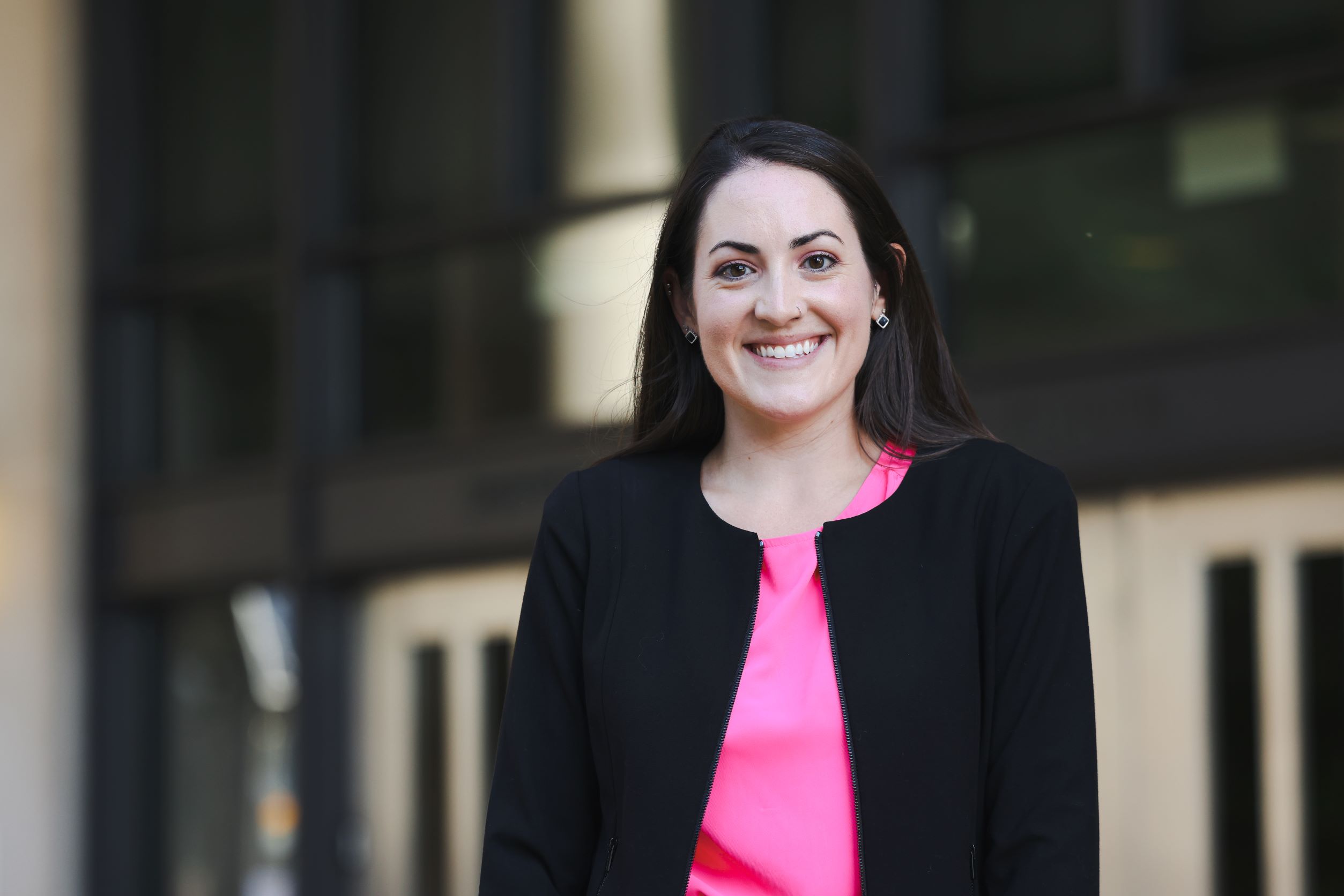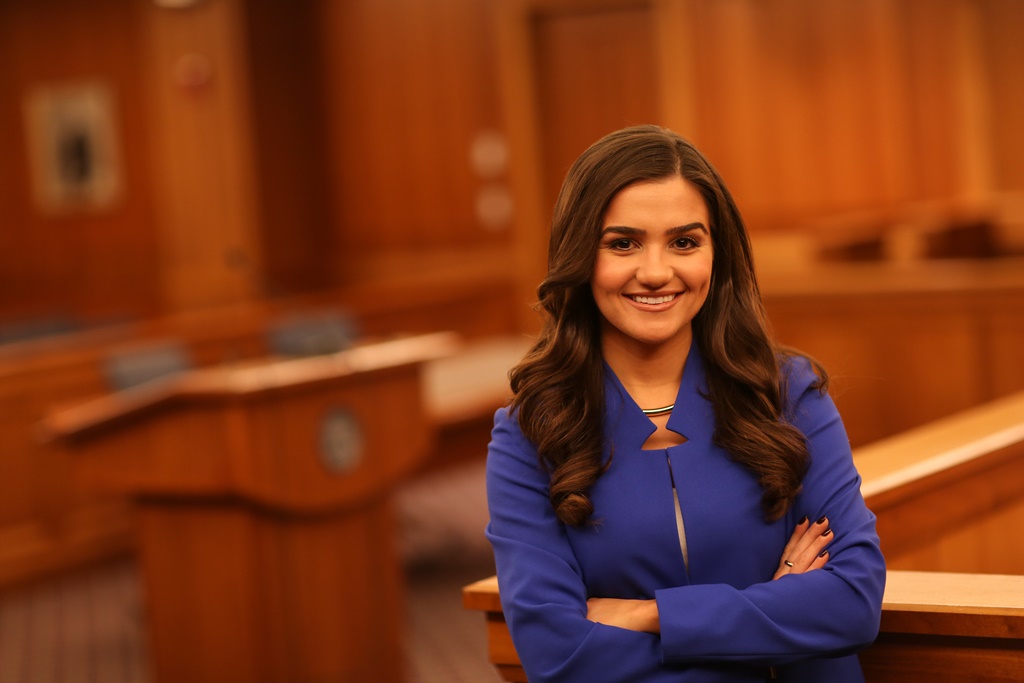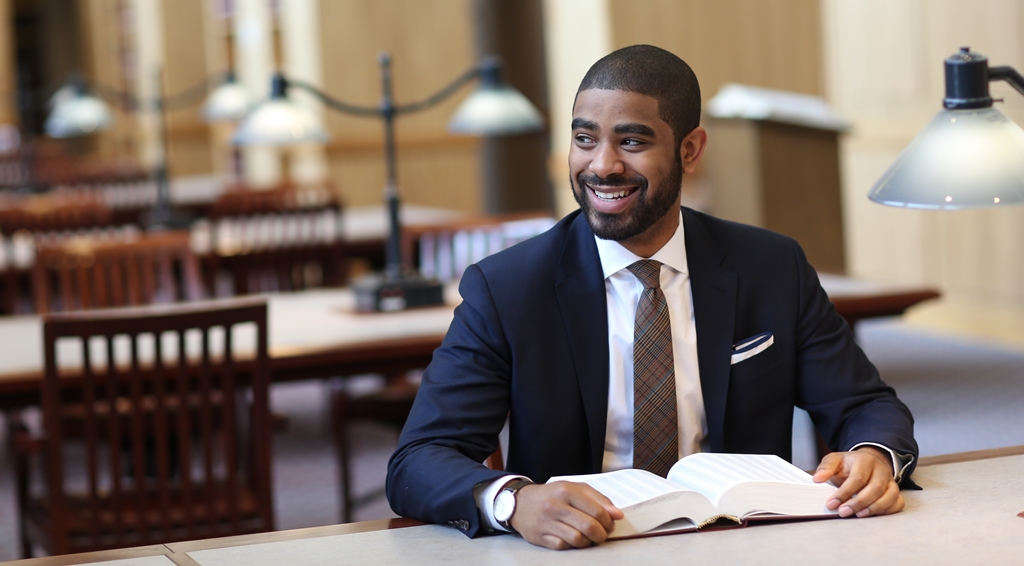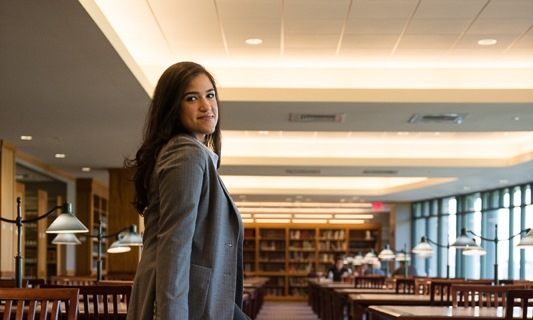By Kim M. McLaurin
As a clinical professor of law, I’ve worked with countless students on practical skills, such as client counseling, trial advocacy and negotiation. Over the years, I have come to appreciate some aspects of good law students who I think will be successful attorneys. It’s those traits I seek when speaking to prospective students about the possibility of law school.
- Time-management – Time management skills are a crucial part of every attorney’s law practice life, which essentially means it’s a crucial part of the life of a law student as well. Students who can meet deadlines and prepare for class and court appearances will be well-equipped to tackle the many complications which arise in the study and practice of law.
- Diversity – Law school classes are designed around the discussion of complex legal matters. Varied perspectives add to that discussion and create a more effective learning environment. The law touches all areas of life and every type of person imaginable, so thinking about legal concepts from differing points of view is a powerful learning tool.
- Collaboration – Many people think of attorneys as vicious sharks, but in my experience some of the best attorneys are those who can remain professional, calm and collaborative. Working with opposing counsel shouldn’t degrade into unproductive spiteful arguments, so I am always impressed by students who stay civil and respectful at all times when debating topics in classroom discussion.
- Writing Ability – Attorneys are writers. The media often portrays attorneys as slick courtroom orators, and while this is sometimes true, it is always true that a lawyer must be a skilled writer. Our student body is trained in a top 10 legal writing program, allowing them to excel in their internship and other work experiences.
- Integrity – Maintaining a high standard of professional ethics is critical to the practice of law. Law students who appreciate the need for integrity in their work often better understand their future roles as attorneys, and the relationship between their ethical obligations, their clients, and justice.
Kim M. McLaurin is a Clinical Law Professor and Associate Dean for Alumni and External Affairs at Suffolk University Law School. Before joining academia, McLaurin worked at the Legal Aid Society of New York City primarily representing children in juvenile delinquency and child protective cases. For more about Suffolk Law School, visit suffolk.edu/law.













Follow Us